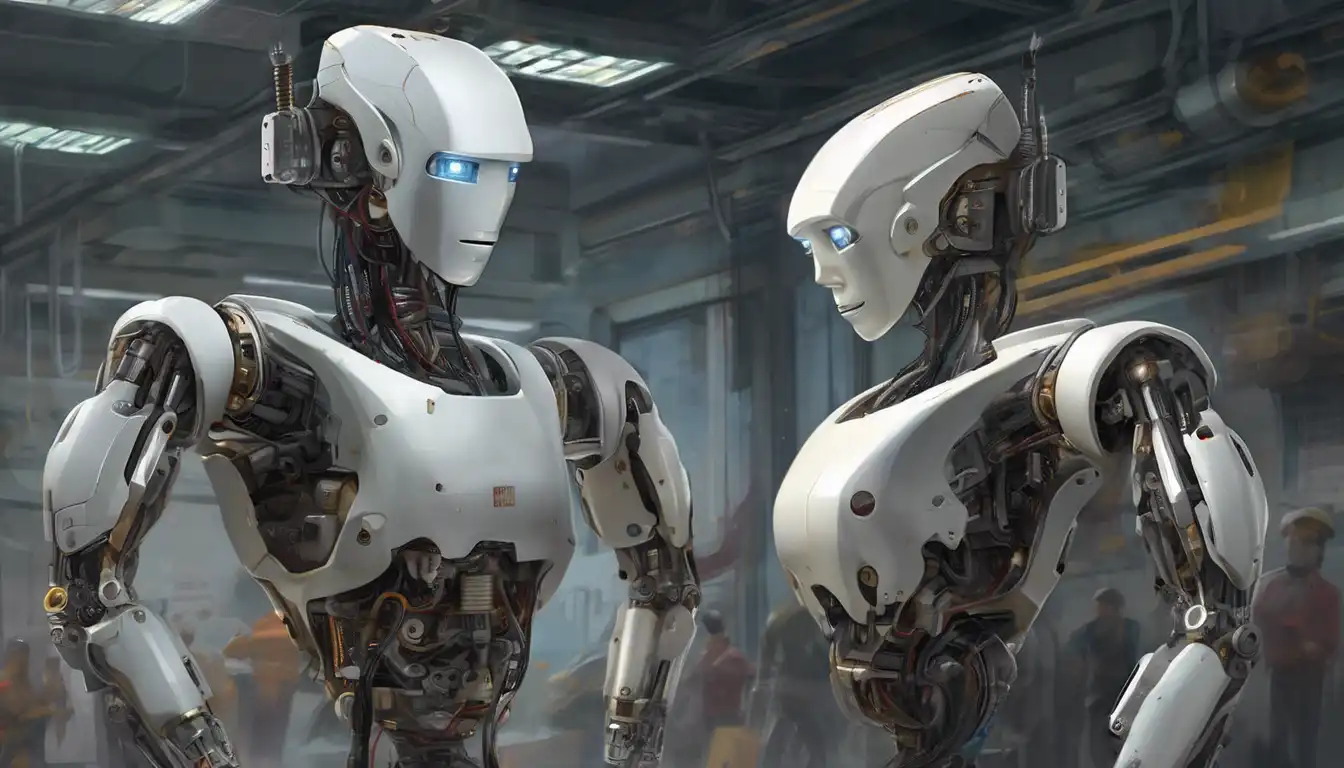The Moral Dilemma of Autonomous Robots
In the rapidly evolving world of technology, autonomous robots have become a cornerstone of innovation. These self-operating machines, powered by artificial intelligence (AI) and machine learning, are transforming industries, from manufacturing to healthcare. However, as their capabilities expand, so does the ethical debate surrounding their use. This article delves into the moral landscape of autonomous robots, exploring the challenges and considerations that come with their integration into society.
Understanding Autonomous Robots
Autonomous robots are machines capable of performing tasks without human intervention. They rely on AI to make decisions, learn from their environment, and adapt to new situations. From self-driving cars to robotic surgeons, these technologies promise to enhance efficiency, safety, and convenience. Yet, their autonomy raises significant ethical questions.
Ethical Considerations
The deployment of autonomous robots brings forth a myriad of ethical dilemmas. Key among these is the question of accountability. In the event of a malfunction or accident, who is responsible—the manufacturer, the programmer, or the robot itself? Additionally, there's the concern of job displacement, as robots increasingly take over tasks traditionally performed by humans.
- Accountability: Determining liability in accidents involving autonomous robots is complex.
- Privacy: Robots equipped with surveillance capabilities may infringe on individual privacy rights.
- Decision-making: The criteria robots use to make decisions, especially in life-or-death situations, must be carefully considered.
- Job Displacement: The potential for robots to replace human workers raises concerns about unemployment and economic inequality.
Regulatory Frameworks and Guidelines
To address these ethical challenges, there's a growing call for comprehensive regulatory frameworks. These guidelines would ensure that autonomous robots are developed and used in a manner that prioritizes human welfare, privacy, and safety. Organizations like the IEEE have already begun drafting ethical standards for AI and autonomous systems.
The Future of Autonomous Robots
As technology advances, the ethical implications of autonomous robots will become increasingly complex. It's imperative that stakeholders, including developers, policymakers, and the public, engage in ongoing dialogue to navigate these challenges. By fostering a collaborative approach, we can harness the benefits of autonomous robots while mitigating their risks.
For further reading on the impact of AI in modern society, explore our article on AI in healthcare.
